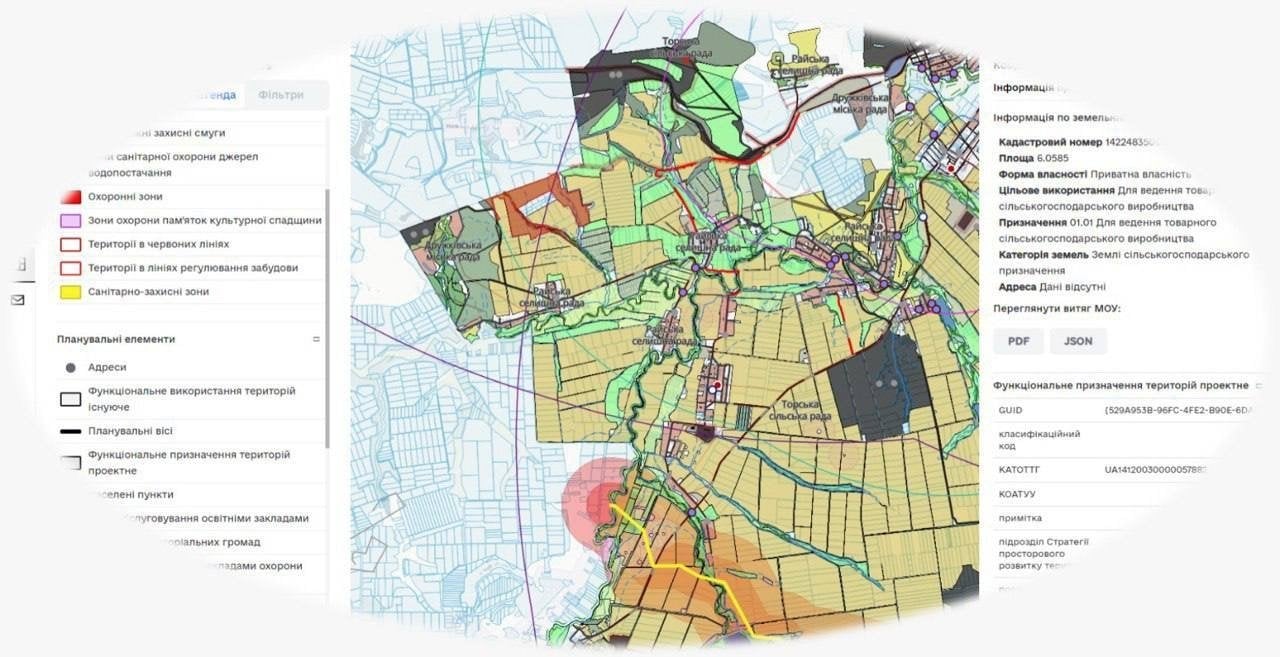Solutions from Ukraine: Ukraine implements statewide electronic urban cadastre to combat corruption in construction

Photo: Telegram / Ministry of Digital Transformation
Ukraine's government adopted a resolution to launch an electronic urban cadastre at the state level, which will reduce corruption in the construction field.
The Ministry of Digital Transformation's press service reported that.
What is the problem?
As the department has noted, cadastres were only present in certain local government bodies before.
Additionally, most urban planning records were in physical form, resulting in loss, falsification, or purposeful delays due to bribes.
What is the solution?
The ministry emphasizes the need for modern and intricate reconstruction approaches to achieve large-scale restoration in Ukraine. Transparency, automation, and standardization of all processes are the primary factors that will ensure high-quality, speedy, and sustainable recovery.
So, the government decided to implement a resolution to establish a statewide electronic urban cadastre.
How does it work?
The urban cadastre will be operational in a month, after the resolution enters into force. Therefore, all interaction with urban planning documentation will take place in a single electronic system.
The cadastre encompasses:
– Development services;
– Review and verification of initial documents;
– Consolidation into a unified registry;
– Implementation of the urban cadastre.

Photo: Antiraid
A unique electronic cadastre cabinet will be introduced for users.
Officials are confident that implementing the Urban Cadastre at the state level will significantly enhance the quality of urban planning documentation. This initiative will also bolster the capabilities of rural and township communities in developing digital documentation.
"This will help speed up the construction and development of infrastructure. It will also help increase transparency and protect the sector from fraud. We are digitizing to fight corruption," the Ministry of Digital Transformation added.
The Ministry of Reconstruction was appointed as the coordinator of the experimental project.
For reference:
After the battles in the Kyiv region, Irpin suffered greatly. As a result, the city started an active reconstruction process in the summer of 2022. However, this rushed approach had a noticeable impact on the quality of the reconstruction. In response, the non-governmental organization Brave Irpin took on the task of monitoring the restored structures. Rubryka interviewed Olena Sukhobrus, the leader of the monitoring team, to learn more about the project and its potential for expansion to other communities. Be sure to read Rubryka's article, "Transparent reconstruction: Kyiv region's NGO monitors the restoration of social infrastructure in war-affected areas," for more information about this important initiative.





















































